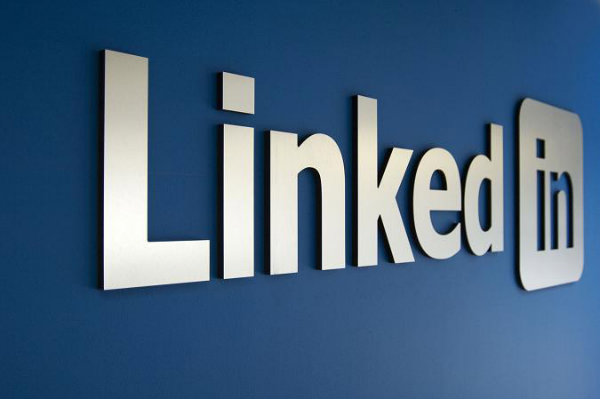The premise behind LinkedIn’s Publishing Platform is simple: every LinkedIn professional has valuable insights to share – how to sell anything, how to lower churn rates, how to jumpstart a business – and the publishing platform is a natural place to share these insights. And now, thanks to the publishing platform, you can both curate and distribute your professional knowledge.
With more than 277 million members, LinkedIn is the ultimate professional networking site – and now you have even greater access to these members, even if you are not currently connected. Here’s what you can leverage with LinkedIn’s new publishing platform to build your brand and reputation as an industry thought leader.
Getting Started with LinkedIn Publishing Platform
LinkedIn’s new publishing platform allows all members, regardless of whether you have LinkedIn’s exclusive “Influencer” status, to publish long-form blog posts based on professional expertise and interests.
When you publish long-form posts, this means that your content will become part of your professional LinkedIn profile. The content will be displayed in the “posts” section of your LinkedIn profile. This content will also be shared with all your connections and your followers.
Followers are individuals who may not be in your network, but have selected the “follow” option on your profile. Any LinkedIn member not in your network can now follow all of your long-form posts and receive updates when new content is posted. Finally, your long-form posts will be searchable on and off LinkedIn.
LinkedIn Publishing Platform is NOT the same as LinkedIn’s Influencers’ Network
Before launching its publishing platform, LinkedIn first started an Influencers program. LinkedIn allowed a small, select group of influencers, such as Richard Branson, Bill Gates and Martha Stewart, to publish long-form content. Now, LinkedIn is providing access to the entire 277 million users in its network via a staged rollout. An initial 25,000 English users have received early access, with worldwide reach expected to occur within several months.
LinkedIn first launched its Influencers program in fall 2012, tapping 150 thought leaders, before expanding access to some 500 Influencers. These Influencer posts receive some of the best traffic on LinkedIn, averaging 20,000 unique views, more than 250 likes and 800 comments.
Currently, Influencers are able to share text accompanied by images, with no limit on the text length. Posts are pushed out via the LinkedIn homepage, as well as an email digest, flagship LinkedIn app and the third-party Pulse news app.
While LinkedIn’s publishing platform is a natural extension of its Influencers program, it’s important to note that the publishing platform is NOT the same as the Influencers network. Simply because you are able to publish a long-form post does not mean that you are a LinkedIn Influencer.
LinkedIn Publishing Platform Will Drive Better Hiring Decisions and Professional Thought Leadership
Of course, just because a network creates a publishing platform does not mean that everyone on the platform will immediately turn into a great blogger. However, the increased thought leadership competition and strong desire by professionals to be seen as influencers may work in LinkedIn’s favor, ultimately driving a higher quality of discourse.
Additionally, the publishing platform will also give hiring managers greater insight into your knowledge and expertise, which may not only influence hiring decisions, but also improve overall hiring quality. If you’re a hiring manager or your company is looking for a specific type of recruit, the information an individual has posted on LinkedIn will be important for the hiring process.






